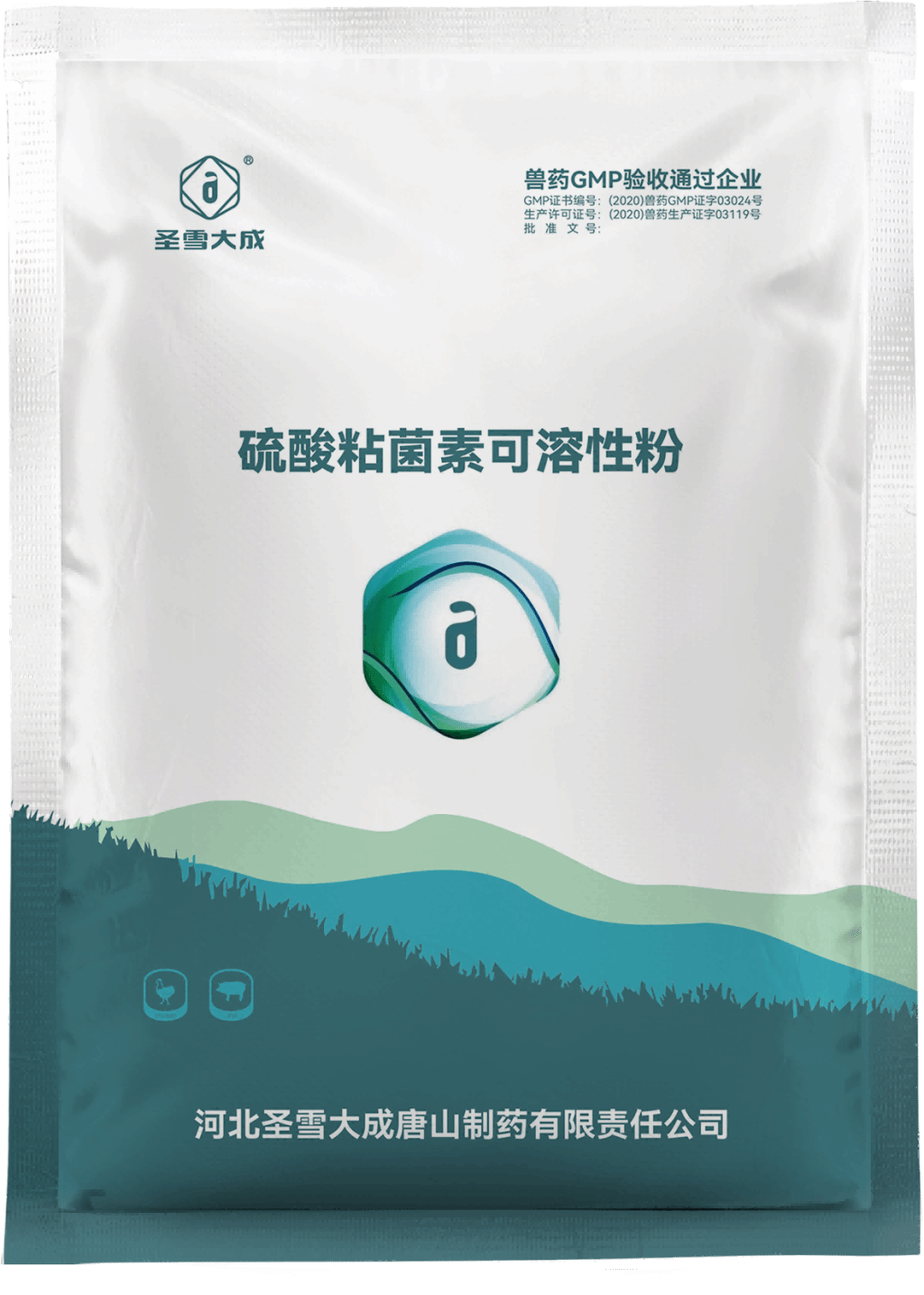Tel:0086 18231198596

News
Current Position:
Home >
News
>Holistic Approaches: Colistin Sulfate Soluble Powder in Livestock Well-being.
Holistic Approaches: Colistin Sulfate Soluble Powder in Livestock Well-being.
TIME:2024-01-19
I. Livestock Well-being: A Holistic Perspective:
Physical Health:
Physical well-being is foundational to livestock health. It involves addressing and preventing diseases, ensuring proper nutrition, and managing the overall physiological health of animals.
Mental Health:
Acknowledging the mental health of livestock is increasingly recognized as crucial. Factors such as stress, environmental enrichment, and social interactions significantly impact the mental well-being of animals.
Environmental Considerations:
Livestock well-being extends to the environment in which animals are raised. Sustainable practices, proper waste management, and a focus on minimizing environmental impact contribute to the overall well-being of both livestock and ecosystems.
II. Colistin Sulfate Soluble Powder in Livestock Health:
Historical Use and Effectiveness:
Colistin sulfate has been a staple in veterinary medicine for addressing bacterial infections in livestock. Its effectiveness against Gram-negative bacteria has made it a valuable tool in ensuring the health of animals in various farming operations.
Challenges and Considerations:
While colistin sulfate has proven effective, challenges such as antibiotic resistance and environmental concerns underscore the need for careful consideration and responsible use.
III. Holistic Approaches to Livestock Well-being:
Disease Prevention Strategies:
Proactive disease prevention strategies, including vaccination programs, biosecurity measures, and proper nutrition, form the foundation of holistic livestock well-being. Minimizing the need for therapeutic interventions like antibiotics is key to sustainable animal husbandry.
Veterinary Oversight and Responsible Use:
Veterinarian oversight ensures the responsible use of colistin sulfate and other antibiotics. This involves accurate diagnosis, prescription based on individual animal health needs, and adherence to recommended dosage regimens.
IV. Mental Well-being of Livestock:
Behavioral Enrichment:
Implementing behavioral enrichment practices in livestock farming can positively impact the mental health of animals. Providing appropriate space, social interactions, and activities that stimulate natural behaviors contribute to a more positive and stress-free environment.
Stress Reduction Techniques:
Minimizing stressors, such as handling practices and transportation, is essential for promoting mental well-being. Techniques like low-stress handling and gradual acclimation to new environments help reduce stress levels in livestock.
V. Sustainable Environmental Practices:
Resource Management:
Sustainable livestock farming involves efficient resource management. Practices such as rotational grazing, waste recycling, and optimizing water usage contribute to both environmental sustainability and livestock well-being.
Reducing Environmental Impact:
Livestock farming practices that minimize environmental impact, including responsible manure management and reduced use of potentially harmful substances, contribute to the overall health of ecosystems and surrounding communities.
VI. Alternative Therapies and Treatment Options:
Exploring Non-Antibiotic Alternatives:
Research into non-antibiotic alternatives, such as probiotics, phage therapy, and herbal supplements, offers potential avenues for disease prevention and treatment without relying solely on antibiotics.
Precision Medicine in Livestock Care:
Applying precision medicine principles to livestock care involves tailoring treatments based on individual animal characteristics, genetics, and microbial profiles. This personalized approach can optimize therapeutic outcomes while minimizing the use of broad-spectrum antibiotics.
VII. Education and Training:
Livestock Caretaker Training:
Providing education and training programs for livestock caretakers is crucial. These programs cover aspects of animal behavior, health assessment, and responsible antibiotic use, fostering a culture of compassionate and informed animal husbandry.
Public Awareness:
Raising public awareness about the complexities of livestock well-being, sustainable farming practices, and the role of antibiotics contributes to informed consumer choices and supports responsible farming initiatives.
VIII. Regulatory Measures and Oversight:
Strengthening Regulatory Frameworks:
Collaborative efforts between governments, regulatory bodies, and the livestock industry are essential to strengthen and enforce regulatory frameworks governing the use of antibiotics. This includes setting standards for responsible antibiotic use and monitoring compliance.
Transparency and Reporting:
Establishing transparent reporting mechanisms regarding antibiotic use in livestock production enhances accountability. Regular reporting on antibiotic consumption, treatment outcomes, and measures taken to ensure responsible use builds trust with stakeholders and the public.
IX. Future Directions and Research Opportunities:
Innovations in Antibiotic Alternatives:
Ongoing research into innovative antibiotic alternatives and treatment modalities holds promise for the future. Collaborative efforts between researchers, pharmaceutical companies, and agricultural stakeholders can drive the development of effective and sustainable alternatives.
Integration of Technology:
Integrating technology, such as precision farming tools, sensors, and data analytics, can enhance livestock well-being. These technologies enable real-time monitoring, early disease detection, and data-driven decision-making to optimize farming practices.
X. Conclusion:
Promoting livestock well-being in the context of colistin sulfate soluble powder use requires a holistic and collaborative approach. From disease prevention strategies to mental well-being considerations, sustainable environmental practices, and exploring alternative therapies, a comprehensive framework ensures that livestock are cared for in a manner that aligns with ethical, environmental, and public health standards. By embracing holistic approaches, the livestock industry can navigate the complexities of modern agriculture, contributing to the well-being of animals, ecosystems, and the communities it serves.

 CONTACT
CONTACT




